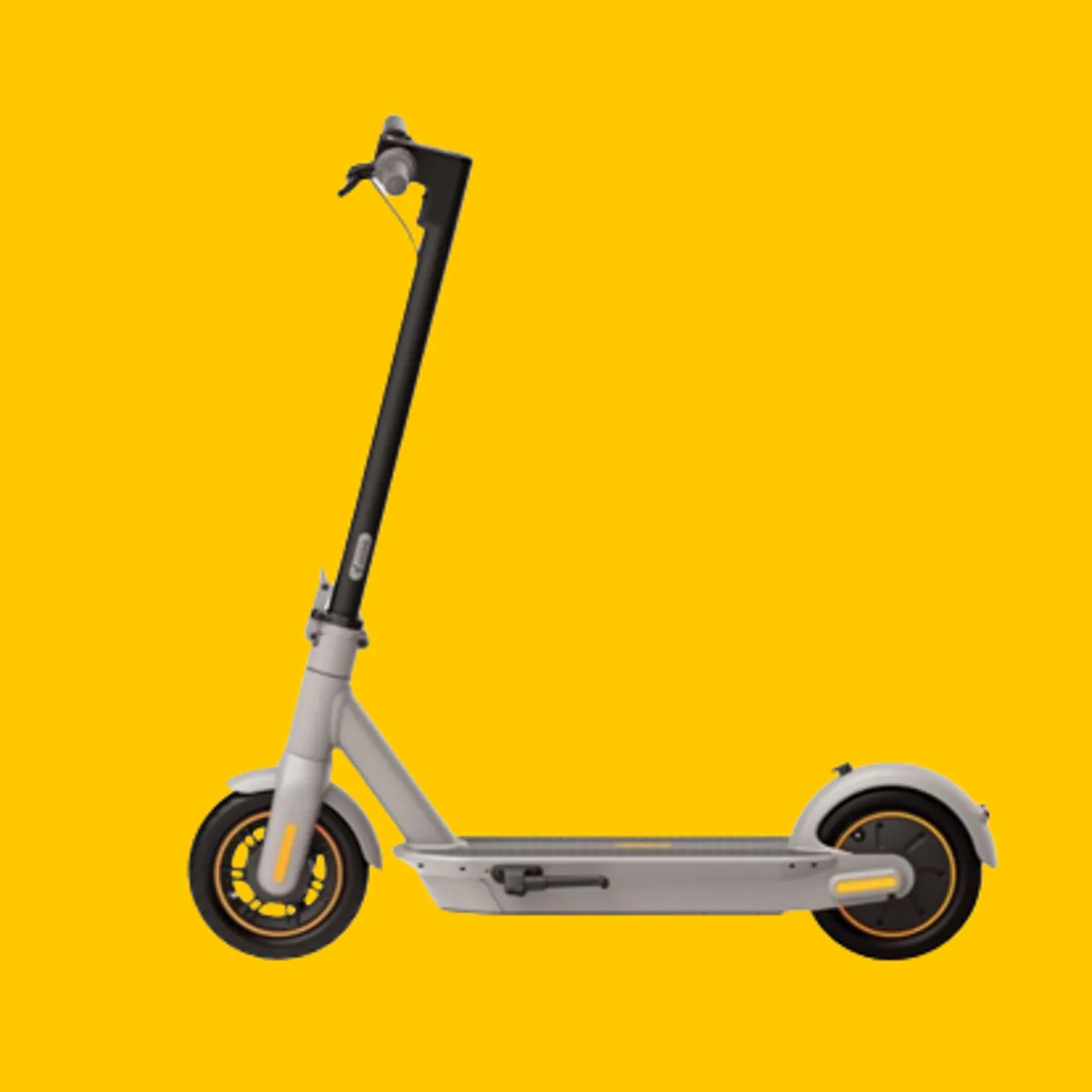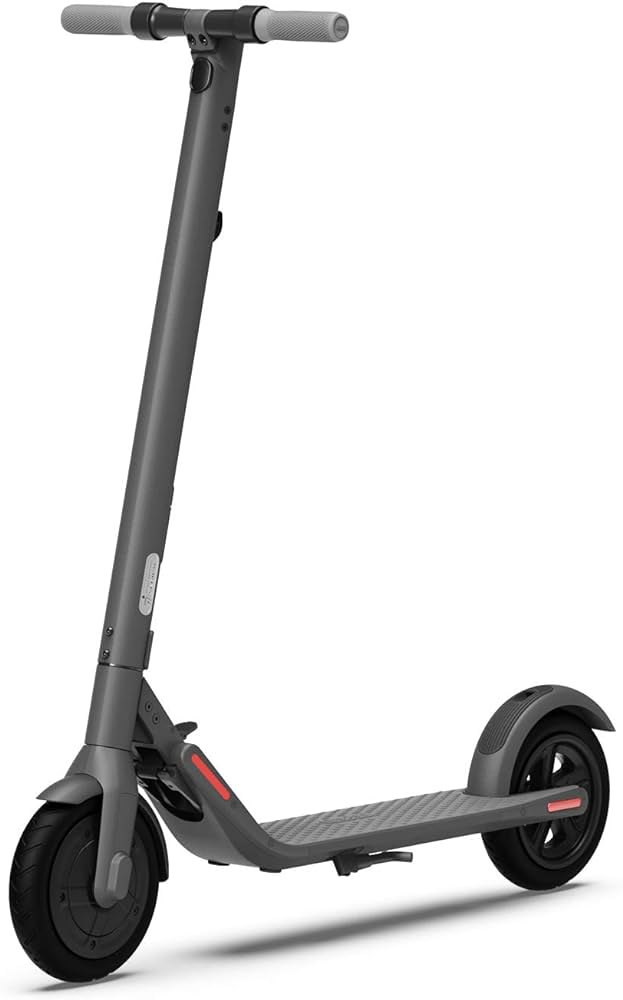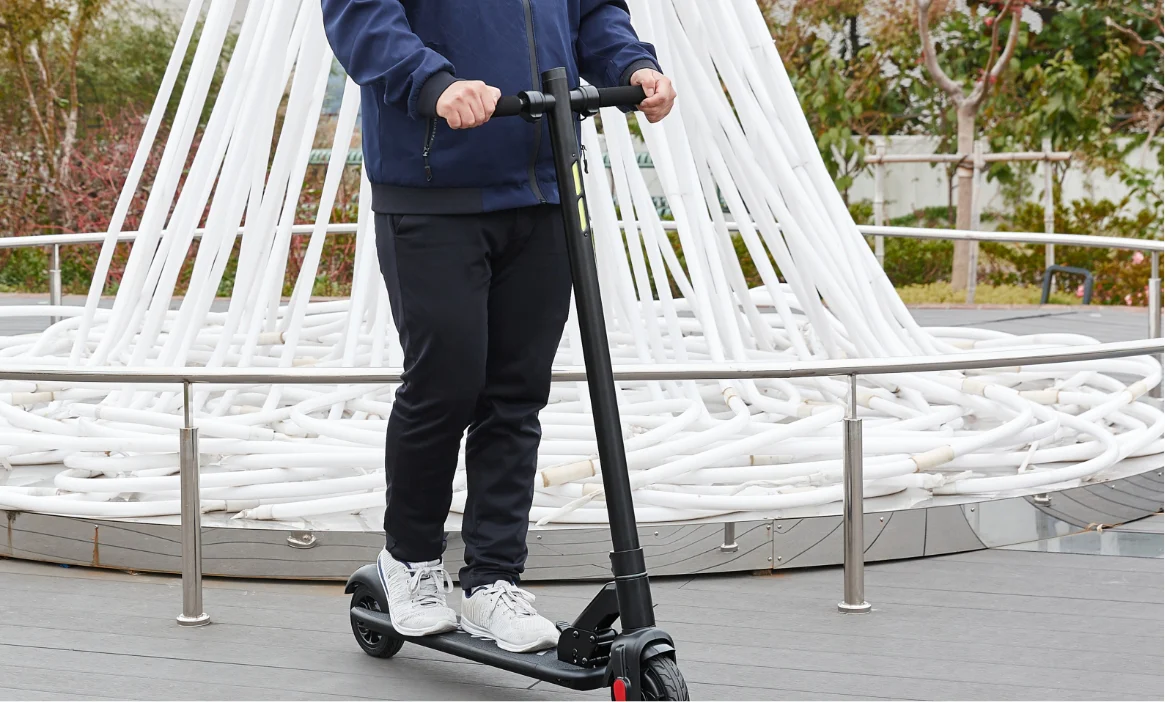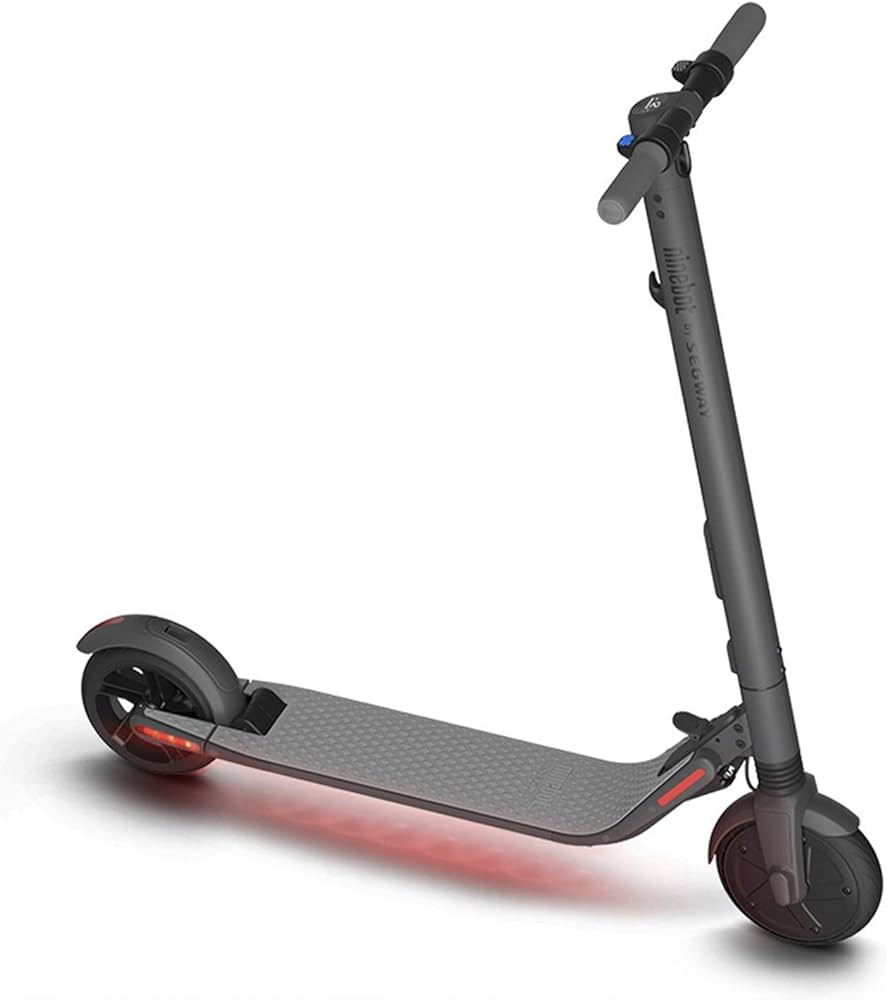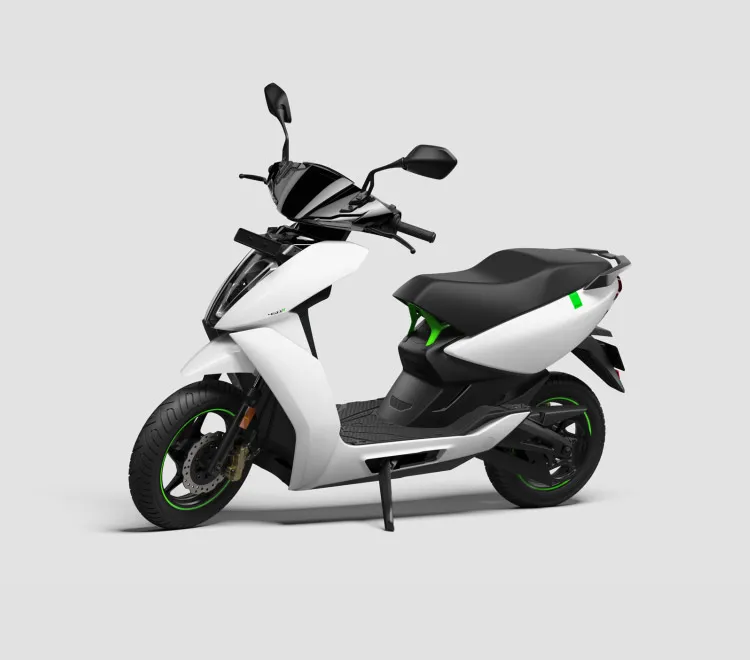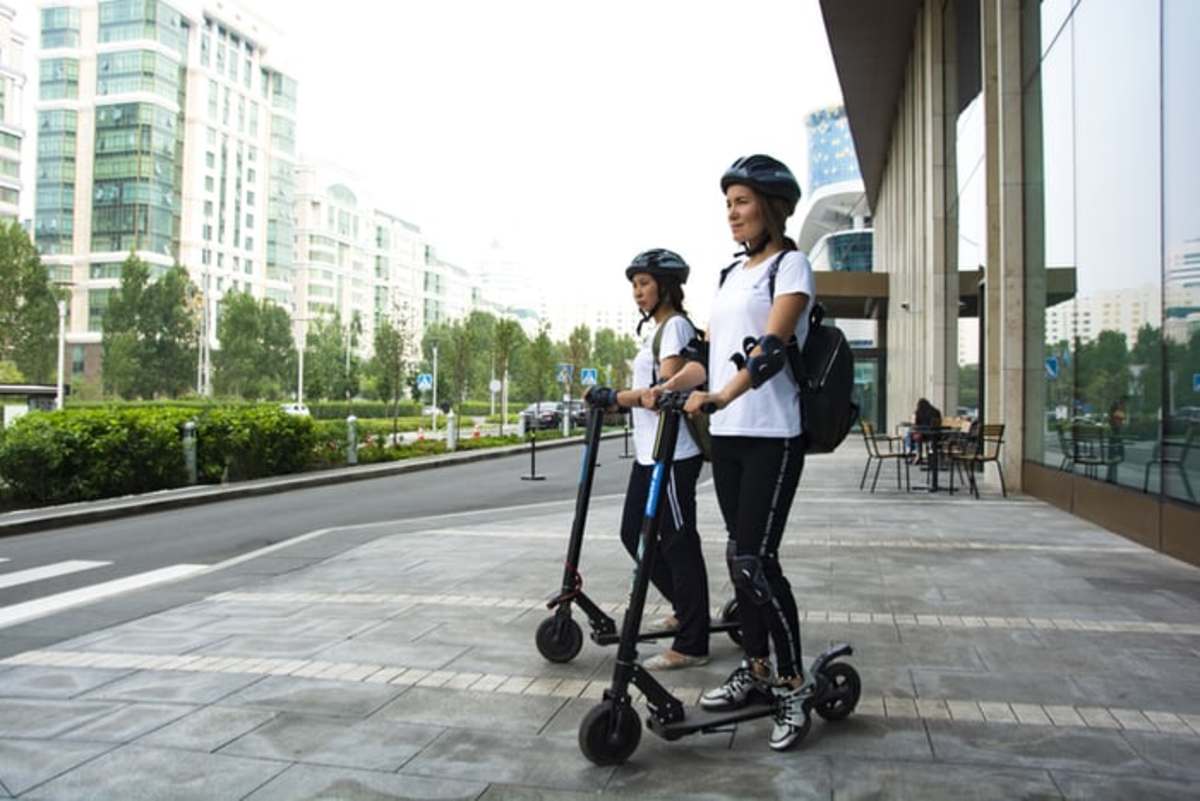I. Introduction
A. The rising popularity of scooters as a convenient mode of transportation Scooters have gained popularity in recent years due to their convenience, affordability, and eco-friendliness. Many people are choosing scooters as a practical alternative to cars or public transportation.
B. The importance of understanding license requirements for scooter operation Operating a scooter without the proper license can lead to legal consequences and potential safety risks. Understanding the license requirements is crucial for scooter riders to ensure they are compliant with the law and can enjoy their scooters safely.
II. Understanding Scooter License Requirements
A. Determining the necessary license based on scooter specifications
To determine the required license for scooter operation, it is essential to consider the scooter’s engine size and speed capabilities. Different jurisdictions may have varying classifications for scooters based on these specifications.
- Classifying scooters based on engine size and speed capabilities Scooters can be classified into different categories such as mopeds, motorized bicycles, or light scooters, depending on their engine size and maximum speed.
- Licensing requirements for different types of scooters Each category of scooter may have specific licensing requirements. Understanding these requirements is crucial to ensure legal compliance.
B. License requirements for scooters under a certain engine size and speed
- Regulations for scooters designated as mopeds or motorized bicycles In some jurisdictions, scooters with smaller engine sizes and limited speed capabilities are classified as mopeds or motorized bicycles. These scooters often have specific license requirements that differ from those of larger, more powerful vehicles.
- Specific license requirements for operating light scooters Light scooters, typically with engines less than a certain size and lower speeds, may have less stringent license requirements compared to mopeds or motorized bicycles. However, it is essential to understand the specific criteria for operating these scooters legally.
III. Obtaining the Required License for Scooter Operation
A. Applying for a standard driver’s license
- Completing the necessary steps for obtaining a standard license
In some jurisdictions, a standard driver’s license may be sufficient to operate a scooter. This generally requires meeting certain age restrictions, passing a written test, and a practical driving test. - Additional training or testing requirements for scooter operation
Some jurisdictions may have additional training or testing requirements specifically for scooter operation, even with a standard driver’s license. These additional measures enhance safety and ensure riders are adequately prepared.
B. Acquiring a specialized scooter license or endorsement
- Understanding the process for obtaining a motorcycle endorsement In jurisdictions where scooters are classified as motorcycles, acquiring a motorcycle endorsement may be necessary. This typically involves passing a written test and a practical riding test specific to motorcycles.
- Special considerations for obtaining a scooter-specific license In certain regions, there may be a separate license category specifically for scooters. Meeting the requirements for this specialized license ensures legal compliance for scooter operation.
Understanding and adhering to scooter license requirements is crucial for legal and safe operation. By following the necessary steps to obtain the required license, individuals can enjoy the benefits of scooter transportation while avoiding legal penalties and ensuring their own safety. Being informed about local laws and regulations is essential to achieving a smooth and lawful scooter operation experience.
IV. Legal Consequences of Operating a Scooter without a License
A. Understanding the potential legal penalties for driving without a license
Driving a scooter without the necessary license can lead to various legal consequences. It is essential to be aware of these penalties to avoid any trouble with the law. Here are a few key considerations:
- Fines and citations for unlicensed scooter operation:
- Most jurisdictions impose substantial fines for operating a scooter without a valid license. These fines can vary significantly depending on the specific region or country.
- In addition to fines, offenders may receive citations on their driving record, which can have long-term consequences. Accumulating too many citations may result in the suspension of driving privileges or increased insurance premiums.
- Other legal repercussions:
- Operating a scooter without a license may result in legal repercussions beyond fines and citations. Some jurisdictions treat unlicensed scooter operation as a criminal offense, which can lead to more severe penalties, including imprisonment.
- Repeat offenders may face harsher consequences, such as extended license suspensions or mandatory completion of driving education programs.
- Potential impact on insurance coverage:
- Operating a scooter without a license can also impact insurance coverage. In the event of an accident or injury, insurance companies may deny coverage or refuse to provide compensation if the scooter operator does not possess the required license.
- Accidents caused by unlicensed scooter operation may leave the operator personally liable for damages and medical expenses, which can have significant financial implications.
B. Importance of compliance with license requirements
Complying with license requirements is crucial for several reasons, primarily focused on safety and legal protection.
- Enhancing safety and reducing the risk of accidents:
- Obtaining a valid license demonstrates that individuals have undergone proper training and have the necessary knowledge to operate a scooter safely.
- License holders are familiar with local traffic laws, road signs, and regulations, reducing the chances of accidents caused by unfamiliarity with the rules of the road.
- Successful completion of a licensing process ensures that individuals possess the basic skills required to navigate the roads, handle different traffic situations, and respond to emergencies.
- Preserving legal rights and ensuring proper insurance coverage:
- Holding a valid license provides legal protection and preserves individuals’ rights in the event of an accident or injury.
- Having a license establishes accountability and displays a responsible attitude towards road safety, which can positively impact insurance claims and coverage.
- Insurance policies typically require valid licenses for coverage to be in effect. Operating a scooter without the necessary license may nullify any existing coverage, leaving individuals personally liable for damages or medical expenses.
In conclusion, operating a scooter without the required license can have severe legal consequences, including fines, citations, and potential impact on insurance coverage. Compliance with license requirements is crucial not only to avoid legal trouble but also to enhance safety on the roads and protect oneself in the event of an accident. It is essential to stay informed about local laws and regulations, obtain the necessary license, and maintain compliance with ongoing licensing requirements. Prioritizing these actions ensures a smooth and legal scooter operation experience.
